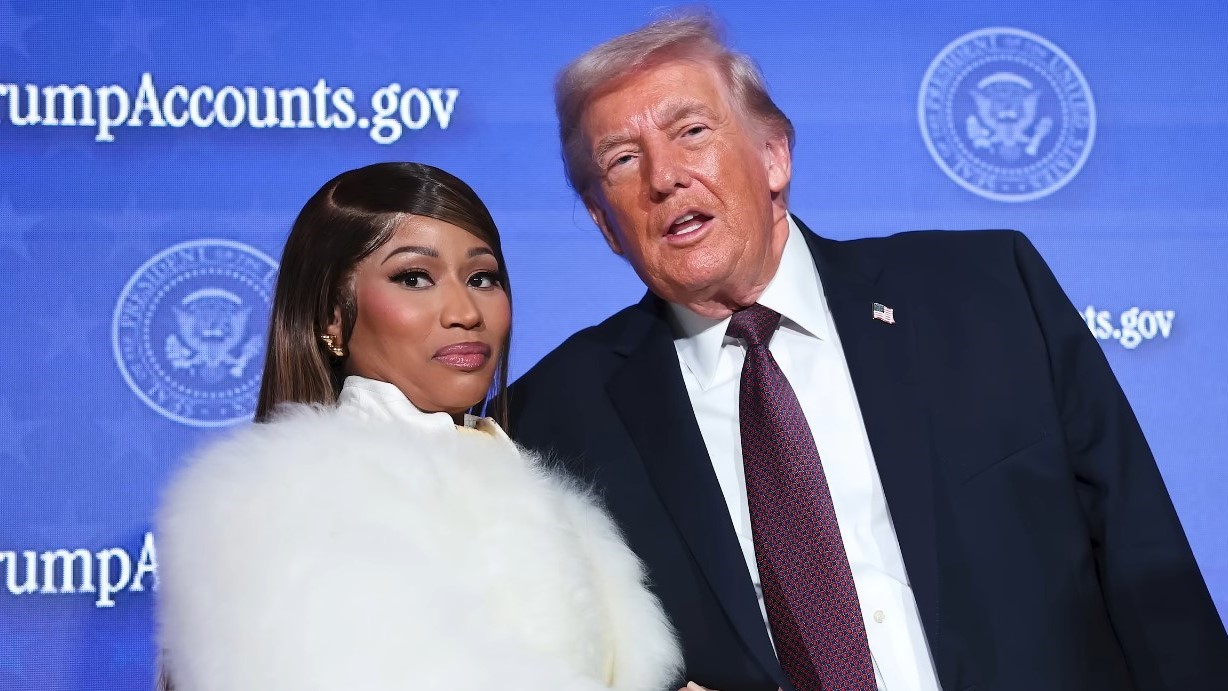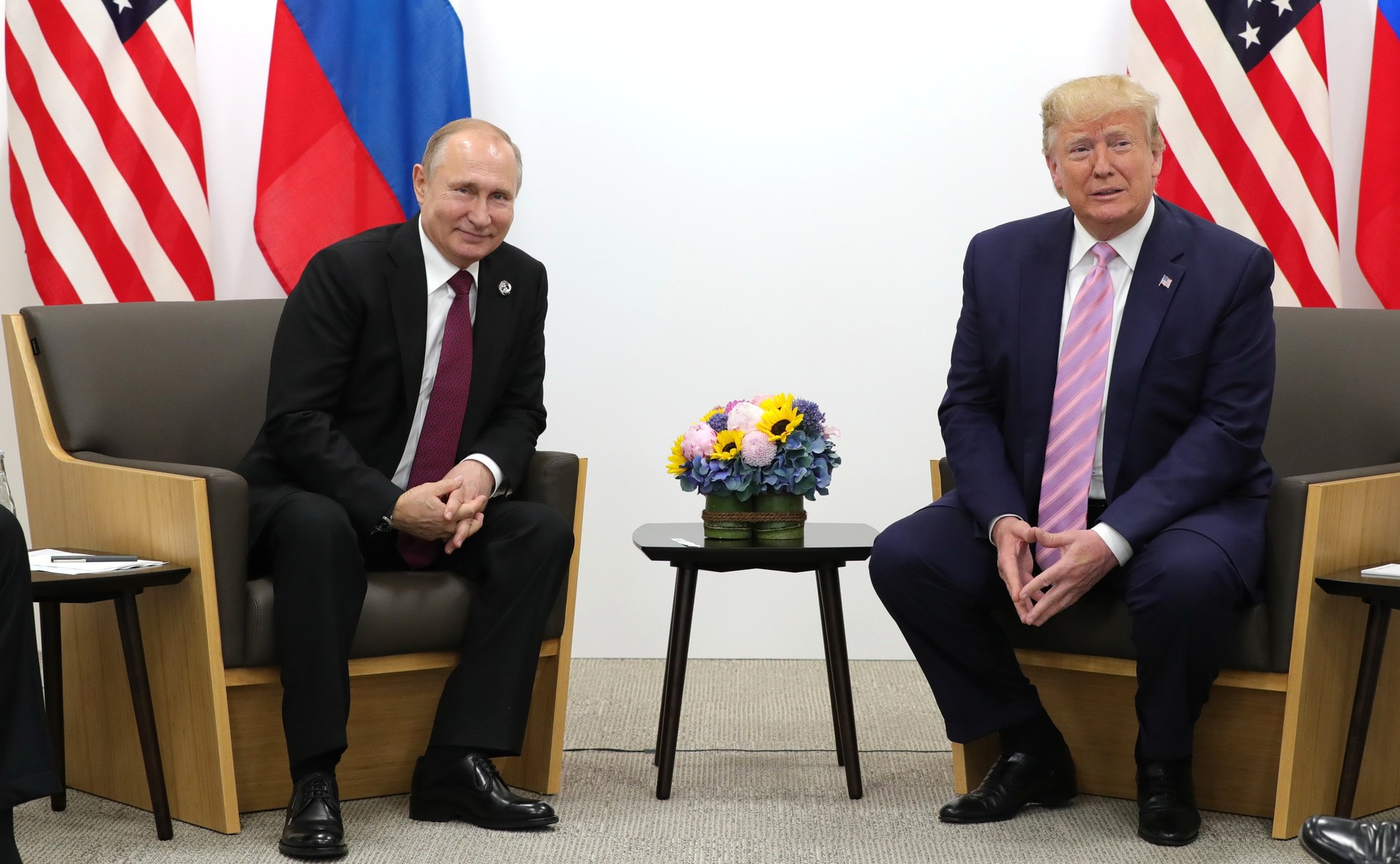Conflict-weary Somalia on Friday became the eighth member of the East African Community (EAC) in a move hailed as a milestone for the troubled Horn of Africa country.
Somalia’s population of 17 million will boost the EAC’s market to more than 300 million people as the bloc seeks to expand free trade across the region.
Its admission was announced at an EAC summit in the Tanzanian town of Arusha, and it joins Burundi, the Democratic Republic of Congo, Kenya, Rwanda, South Sudan, Tanzania and Uganda.
Analysts said while it would be an economic boost for Somalia and its neighbours, it could pose security challenges for the EAC.
President Hassan Sheikh Mohamud described Friday’s announcement as a “new chapter” in the history of Somalia, which has long been blighted by conflict, political turmoil and climate disasters.
“This moment is not just a culmination of aspiration but a beacon of hope for a future replete with possibilities and opportunities,” he told the summit.
The Arusha-headquartered EAC was founded in 2000 and works to encourage trade by removing customs duties between member states and allowing free movement of citizens. It established a common market in 2010.
Somalia boasts the longest coastline of a mainland African country at over 3,000 kilometres (1,800 miles) and its membership will give the EAC access to the Arabian peninsula.
Only two other members — Kenya and Tanzania — have access to the sea.
The UN mission in Somalia said on X, formerly Twitter, it was “another milestone in Somalia’s return to its rightful place in the international community and engagement with its neighbours”.
The African Union mission in Somalia (ATMIS) also hailed it as “historic” and a new step towards regional integration and socio-economic development.
Excluding Somalia, EAC countries cover 4.8 million square kilometres (1.8 million square miles) of land and had a combined gross domestic product of $305 billion, according to the bloc’s website.
Total EAC trade was $78.75 billion in 2022, it said.
But the admission of Somalia could cause security jitters for the bloc as the country is struggling to put down a deadly insurgency by the Islamist militant Al-Shabaab group.
After making significant progress, Somalia’s offensive against the Al-Qaeda-linked group has stalled for months and raised concerns about the government’s capacity to crush the 16-year insurrection.
EAC members Kenya and Uganda contribute troops to an African Union force which was first deployed to Somalia in 2007 to crush Al-Shabaab.
In November last year, the EAC also sent troops into the restive east of the DR Congo, which had joined the bloc last year, after the resurgence of the M23 rebel group.
Mogadishu-based think tank the Heritage Institute for Policy Studies said the accession of Somalia — which has been seeking to join the bloc since 2012 — was a “pivotal leap” in the EAC’s expansion across East Africa.
But it said in a report ahead of the summit that Somalia’s “poor track record in governance, human rights and the rule of law” could hinder its smooth integration.
The country has also been embroiled in disputes with its neighbours — Ethiopia, Djibouti and Kenya — sometimes leading to a breakdown in diplomatic relations.
However, it has taken steps in recent years to repair regional ties.







